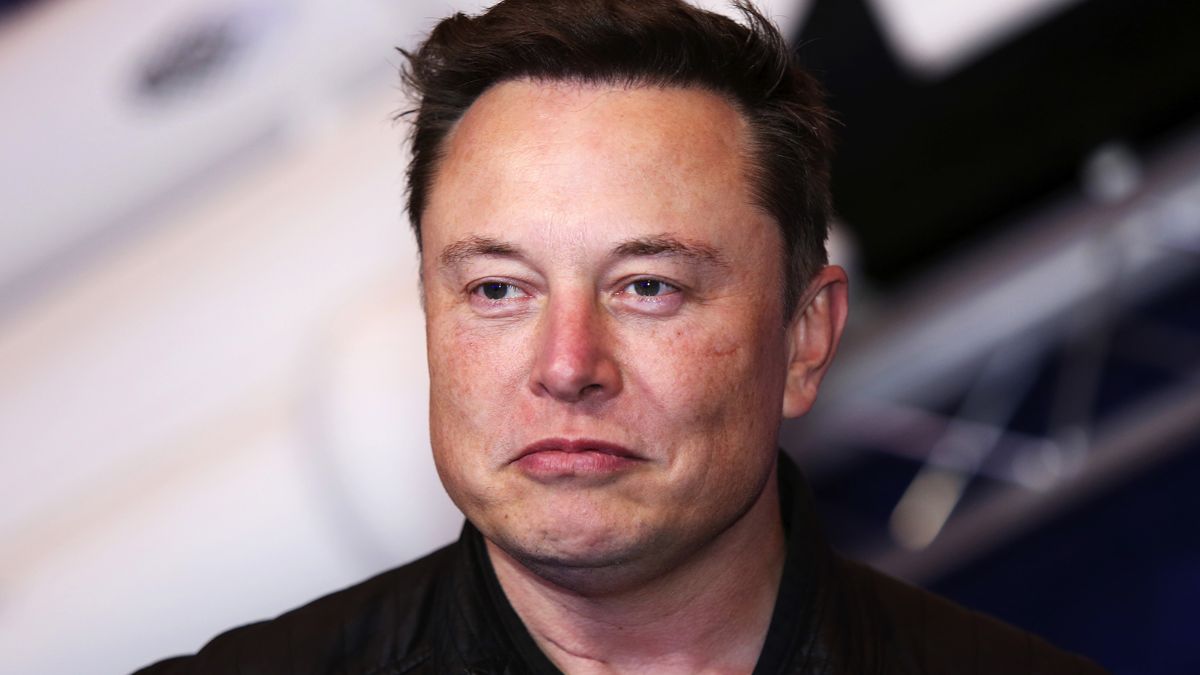Elon Musk recently filed a lawsuit against OpenAI and its co-founders Sam Altman and Greg Brockman, alleging breach of contract and liability for legal experts who questioned him about the law. OpenAI’s main responsibility is to shift responsibility from the creation of general artificial intelligence (AGI) for the benefit of humans to the financial market controlled by Microsoft; some think this is more than just the promulgation of great legislation
O It is worth noting that the absence of a contract signed by all parties raises doubts about its legitimacy. Kevin O’Brien, a partner at Ford O’Brien Landy LLP and a former assistant U.S. attorney, said the lack of a contract hurts Musk’s ability to get into trouble.
While Musk’s lawyers argue that OpenAI is returning to its roots in science, some experts think Musk’s real goal may be to get more data on OpenAI’s public affairs. Shannon Capone Kirk, global head of e-discovery and intelligence at Ropes & Gray LLP, said Musk’s lawsuit will aim to further flesh out OpenAI’s business goals.
However, Musk’s case brings with it many legal difficulties. Proving the existence of the agreement and proving the problem arising from OpenAI’s alleged breach has led to serious problems. O’Brien emphasized the difficulty of making a decision on this issue, especially for Musk.
In addition, Musk’s involvement in artificial intelligence companies such as X.AI has raised questions about the logic behind his lawsuit. Some have suggested that uncovering the inner workings of OpenAI, specifically the GPT-4 AI model, could be Musk’s main goal.
Although Musk claims that GPT-4 represents a major advance in AGI, OpenAI rejects this statement, saying that GPT-4 does not have true AGI capabilities. Differences in the definition of AGI may be the focus of litigation.
Ultimately, Musk’s lawsuit against OpenAI appears to be more about shaping public opinion than enforcing the law. Although it is not yet clear how the information will be presented, legal experts are still skeptical about its success due to the lack of a legal contract and the complexity of the AGI’s content.


